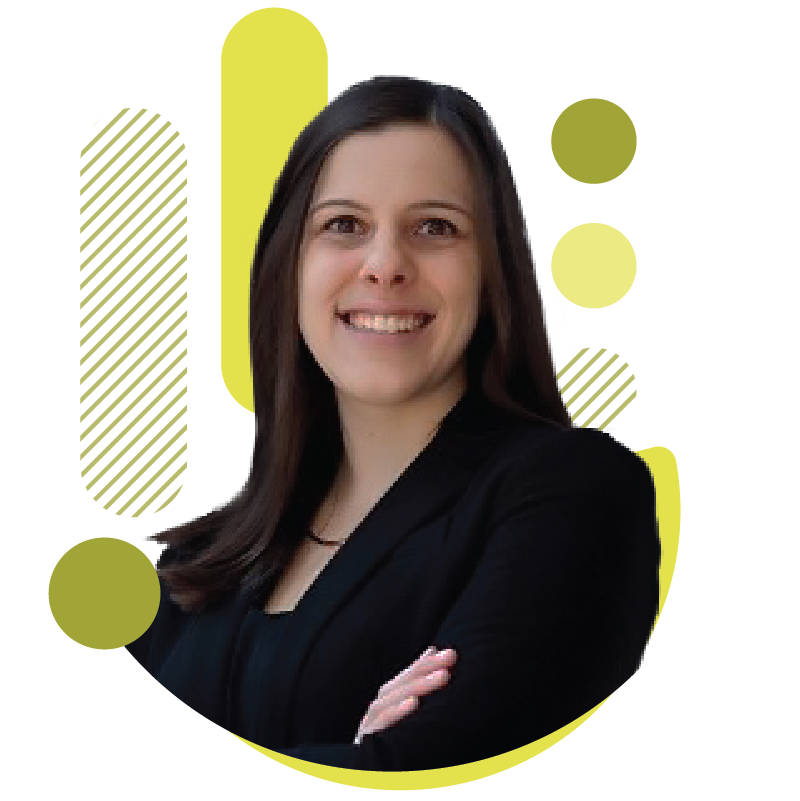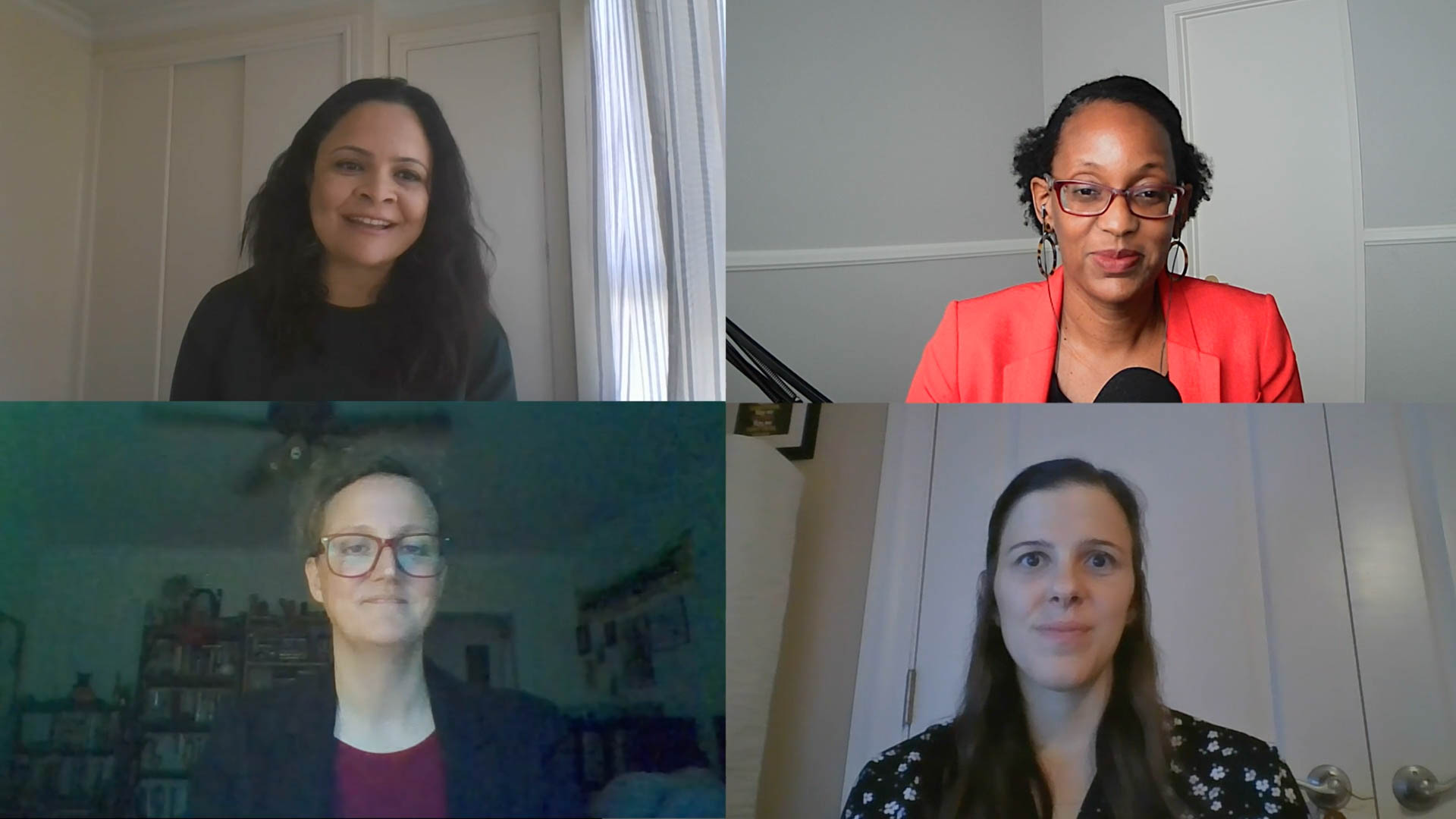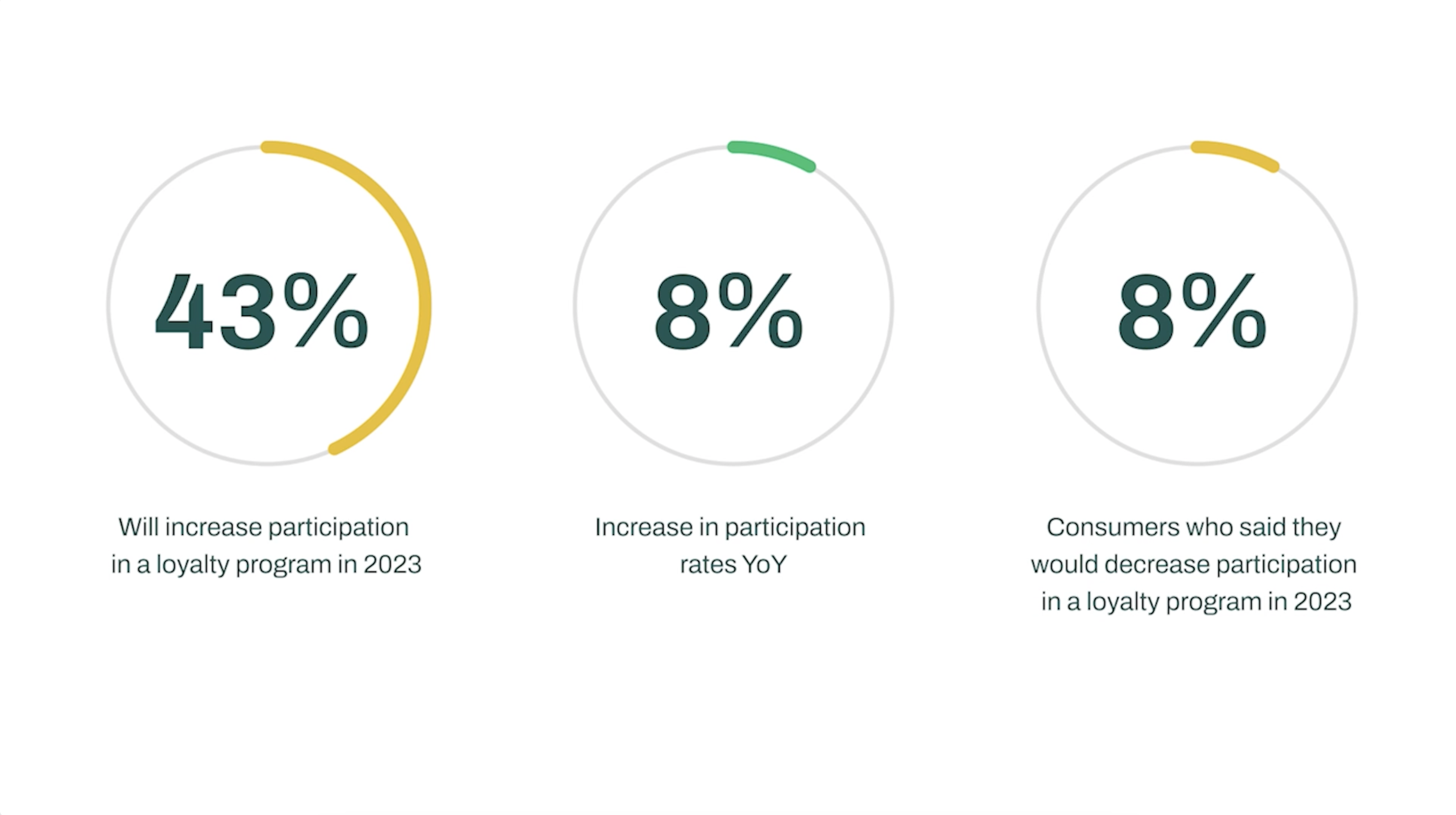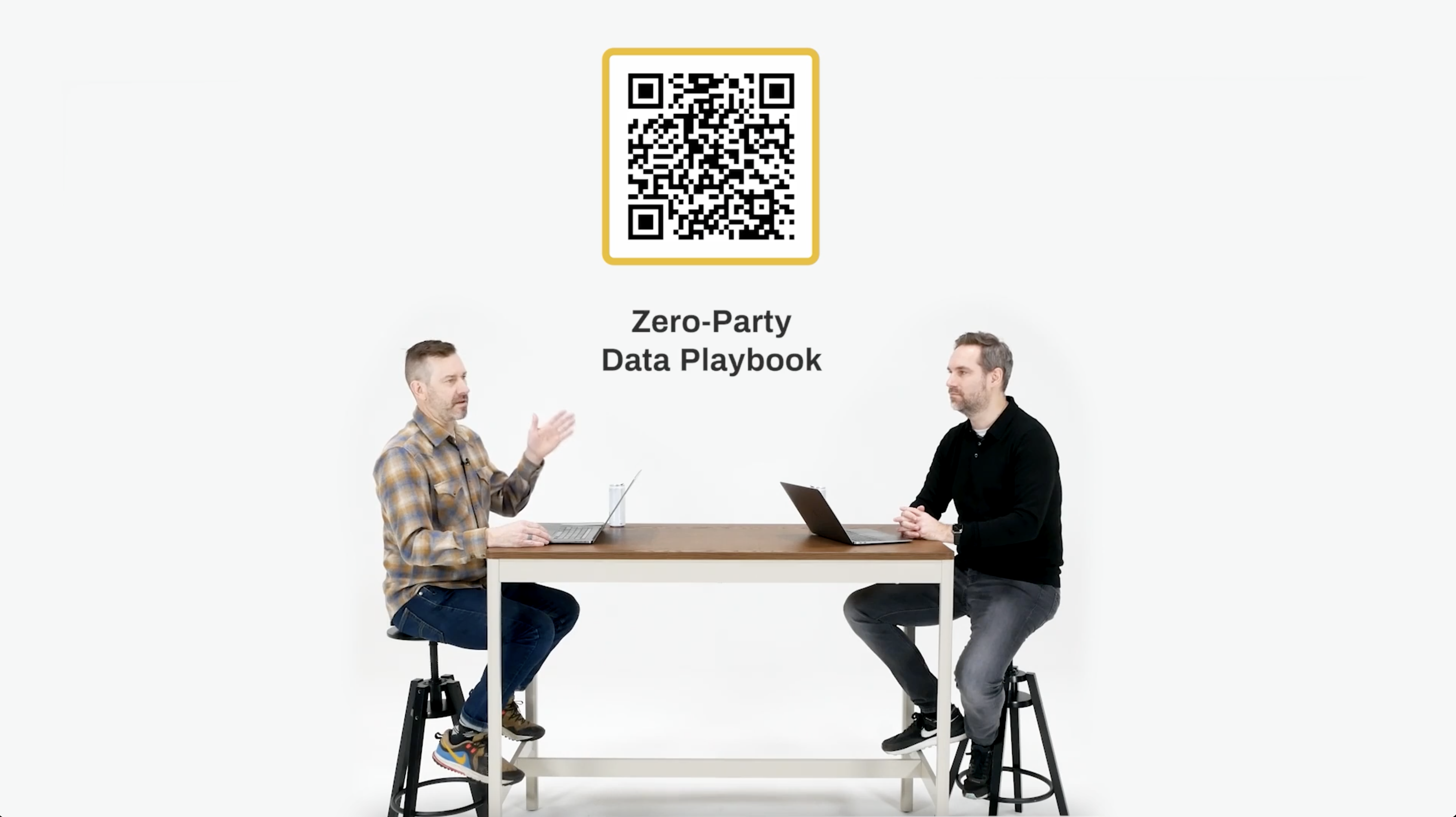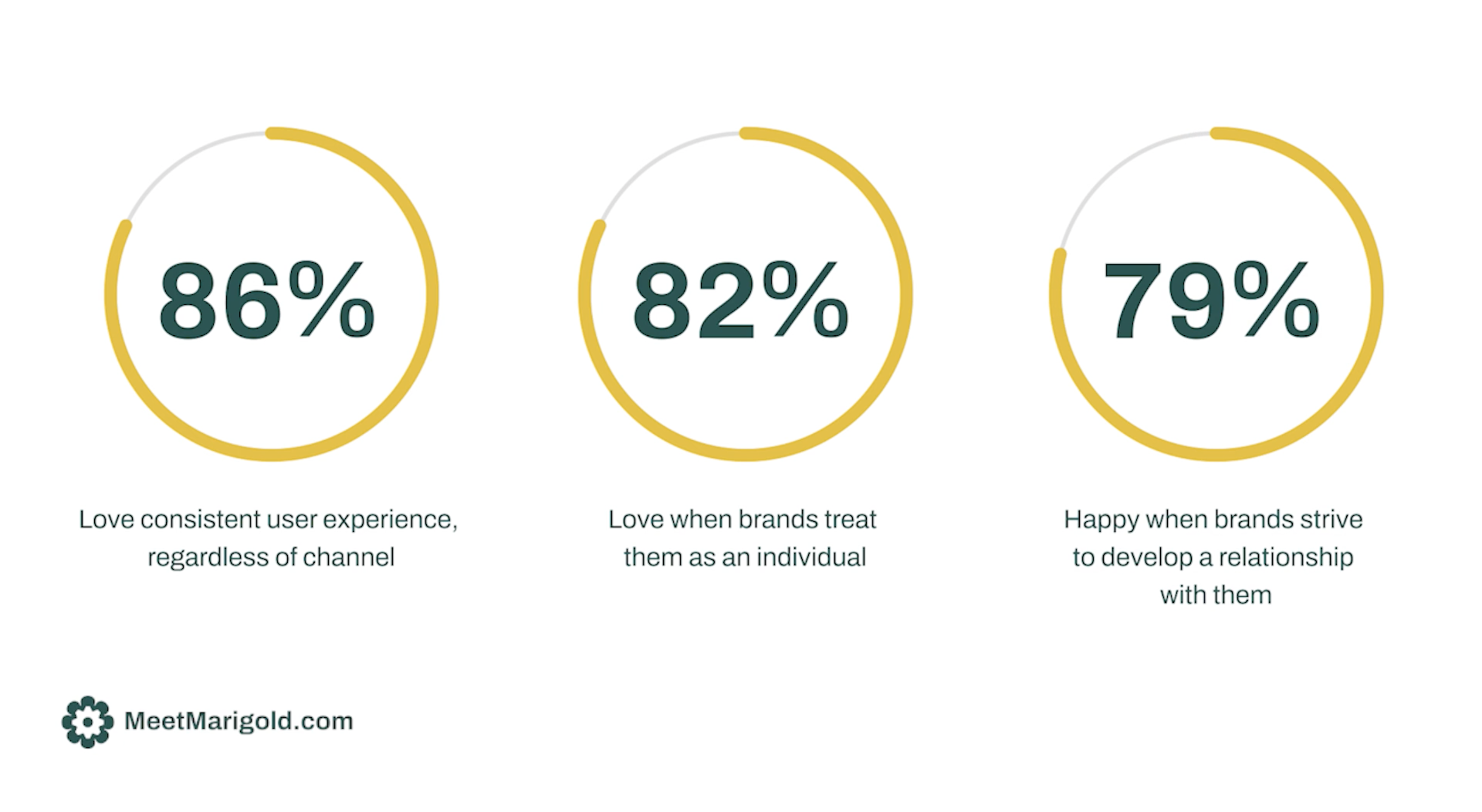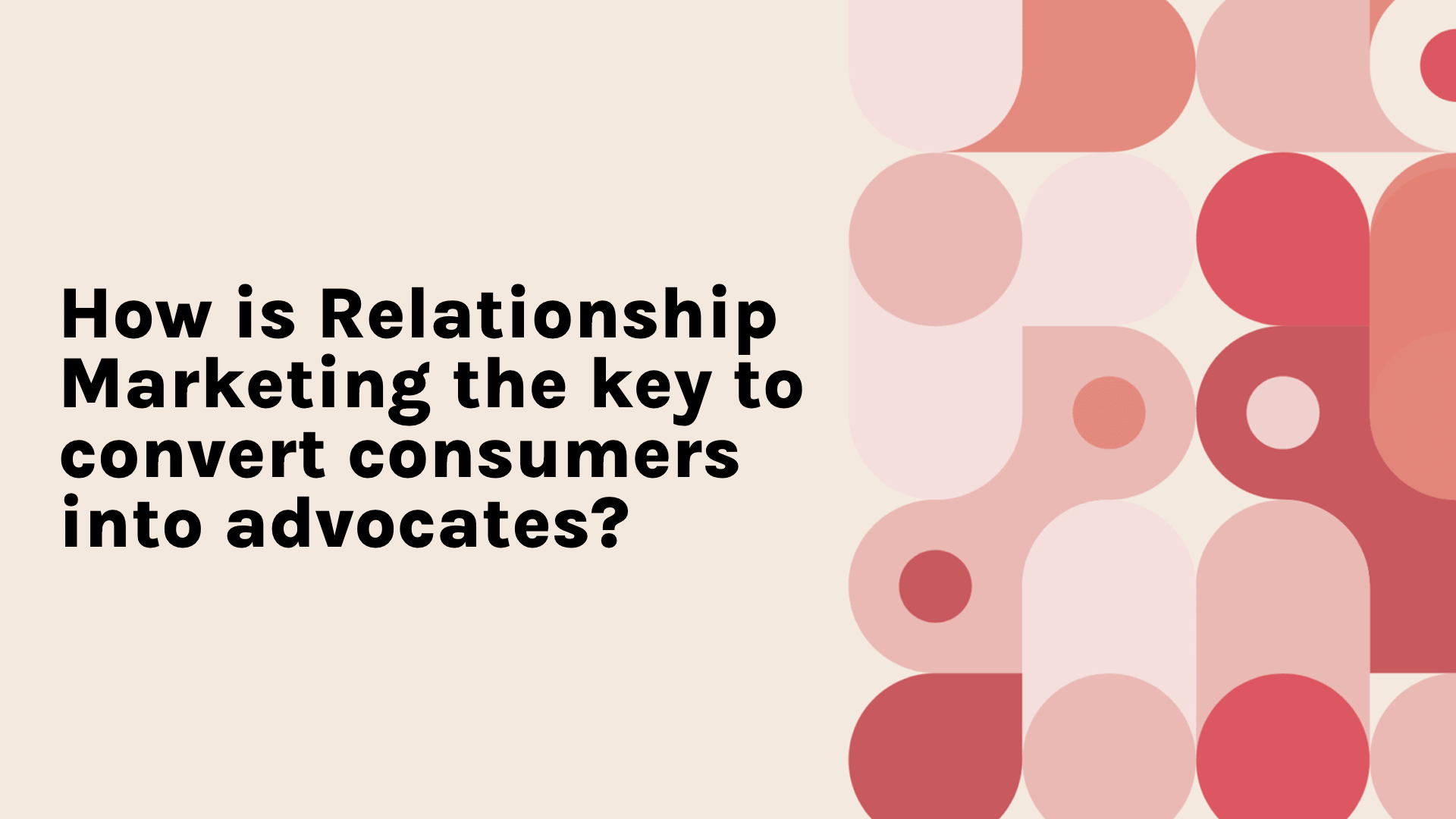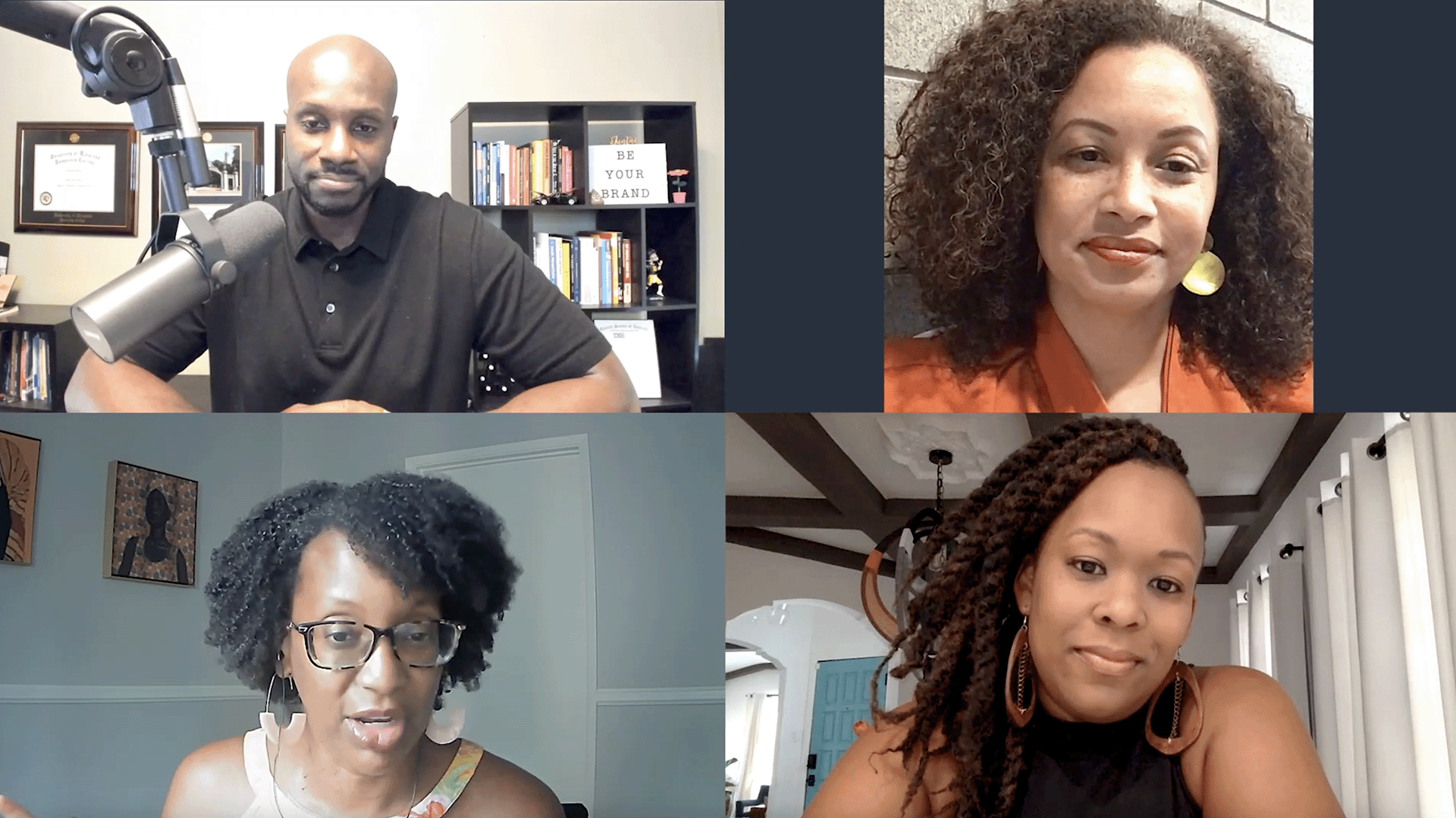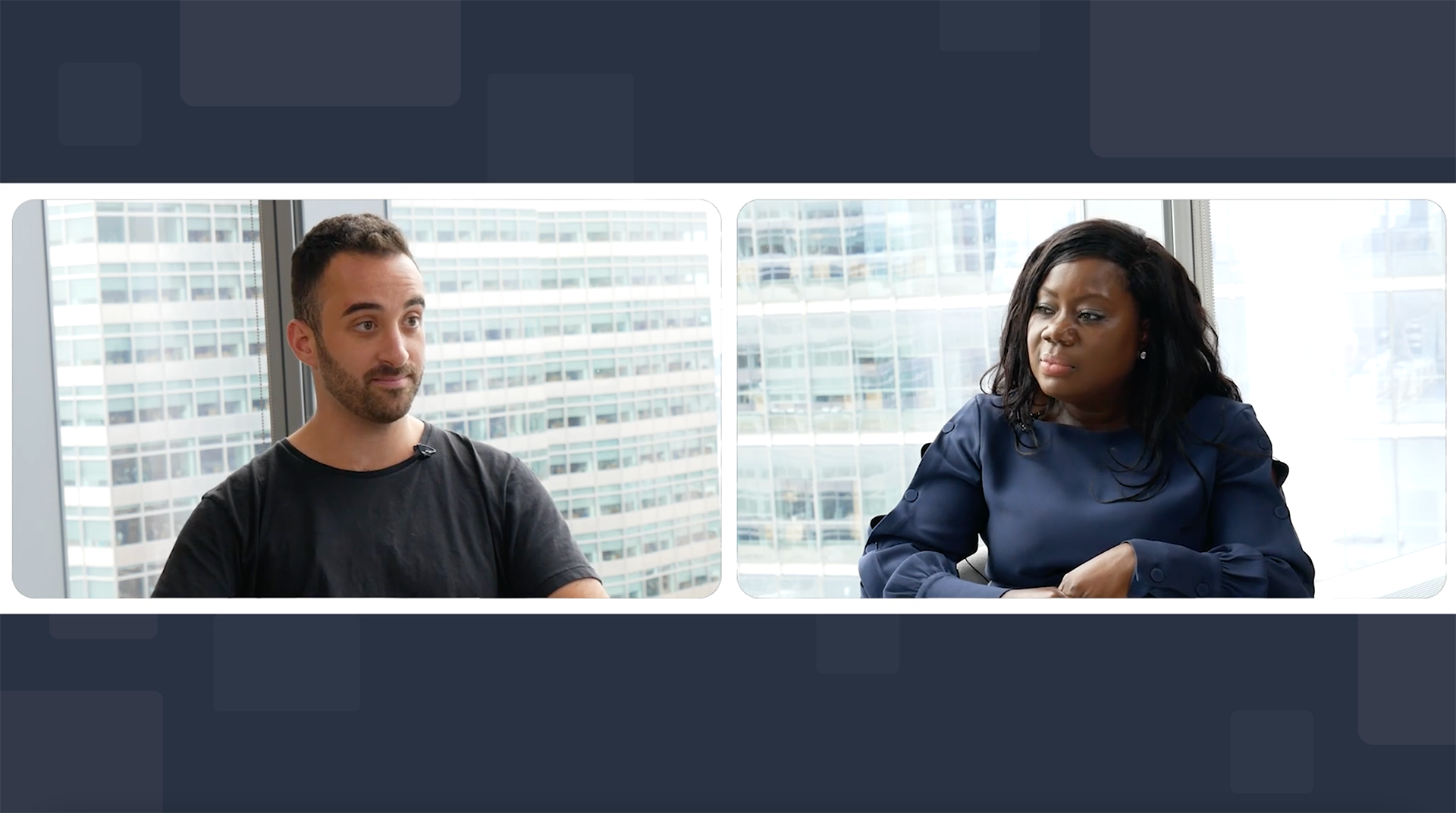Don’t Tweet the Tweet if You Can’t Walk the Walk
- 0.5
- 1
- 1.25
- 1.5
- 1.75
- 2
Amarjeet : Hello, everyone. My name is inaudible and I manage human resources for Cheetah Digital's JPAC region. And I also lead the DNI program for this organization. A very warm welcome to all of you who have joined us in this session titled," Don't Tweet the Tweet If You Cannot Walk the Walk." In the next 60 minutes, we'll be talking all things about inclusive, values, authenticity, culture. What a successful campaigns look like from the DNI lens and what tools are available to help companies kickstart their journey into this space. Throughout this session, the audience can use the chat box to post comments, questions, or thoughts you want to share. With that, let's begin with the introduction of this amazing set of speakers and my colleagues here, who are also leading our internal employee resource groups at Cheetah. Handing it over to you.
Liz: Thank you, inaudible. My name is Liz and I am the Director of Services Offerings. I am also the Leader of BL @ C, B- L-@ symbol-C, black leaders at cheetah. Our goal is to amplify the historical and current experiences of black people across the diaspora and give black employees and allies a place to share how being black affects their lives, inside and outside of the office.
Sarah Yeazel: Hello everyone. My name is Sarah Yeazel and I am Manager of Services Product Marketing. I lead our LGBTQIA ERG prism. Our work is giving a safe space to LGBTQ members in the workplace, where we can network with other members of the community and share our stories. And also be a resource to allies and give them the toolbox and the blueprint to make change.
Zoe Roberts: Hi everyone. My name is Zoe Roberts. My day job is in finance. I lead the Financial Planning and Analysis Function here at Cheetah, and I also lead the Women in Tech ERG. And that is focused on professional development and building a network of women and allies at Cheetah.
Amarjeet : Awesome. All right. So before we dive into the session, let's first begin with the basics, what an ERG is. An E- R- G, or employee resource group, is a coalition of individuals from a particular group and their allies. They provide a collective voice that are on shared issues or concerns both inside and outside of people workplace. And this is done to help create a more inclusive work environment, promote a respectful workplace and promote internal and external diversity initiatives. The first ERG was developed in 1970 and as of today, nearly 90% of Fortune 500 companies have formed ERGs.
Sarah Yeazel: So today we'll be giving examples of why ERGs are important to an organization's credibility and how ongoing DNI efforts drive valuable outcomes for marketers. Along with that, we will be delivering tools and tips that you can use in your campaign strategy and your everyday operations to ensure that both externally and internally, you are actively showing commitment to underrepresented groups. Which, if you look at the side of the slide, you will see the orange toolbox. When you see it, that's a tool or a tip.
Liz: The common thread throughout all of our ERGs is a focus on authenticity. We want to have authentic conversations about real topics in an environment where we encourage growth, honesty, and transparency. We want participants to see the effects of their participation as individuals, but also in terms of how they can guide and support the overall goals of the business. There are big benefits to ERGs when they're given maximum support and viewed as valuable and respected assets within an organization. They are phenomenal support systems, help create daring leaders and give employees a place to belong. In our session about the rise of the ethical consumer mentioned that an awareness about the way a company does business is here to stay. Several benefits, more specifically of ERGs, are employee engagement, professional development, and business innovation. Whether you're a restaurant, airline, or a tech company like us, it's really easy to see how these three areas are critical to creating a healthy corporate culture and thriving, happy employees. If big companies can reduce bureaucracy and get their ERGs involved in the business in meaningful ways, everyone has a chance to impact their organization in some way. I wanted to be sure in this presentation to include concrete examples that take the theory of the positive impact of the ERG to the reality of that impact. So first up is AT& T and they call their group the network capital net, and they have helped with the retention of black employees and also placed their members into the spotlight for leadership roles. They also boast a retention rate, which is incredible of over 85%. And that shows that when diverse voices are placed in positions of influence, they stay on board long enough to continue to affect change. Amazon's black employee network provided critical direction on groups that should receive a piece of the$ 10 million that Amazon devoted to social justice and black communities. This is important because it acknowledges that black employees likely have different boosts on the ground awareness of and familiarity with organizations that are active in the communities they actually live in. Third at Comcast, a subset of the black employee network called BENgineers, work together to innovate on the Xfinity remote. Now their idea is currently being worked on with a product team and has a real good chance of getting into the hands of Comcast customers. So again, you'll note that these examples cover a range of important outcomes, retention, and growth, community impact, product innovation. And I mentioned it earlier, and it's true, there are myriad quantifiable benefits to ERGs. We kick off each black meeting with a quote that applies to the topic that we're covering. When this quote from Annie Jean Baptist, who's the Head of Product Inclusion at Google during CES 2021. Perfectly underscores the overall theme of the importance of diversity and giving everyone not only a seat at the table, but a voice at the table. It shows that inclusion really does fuel innovations like the prior examples.
Zoe Roberts: And Liz, if I can jump in here because I love this quote, it rings true to me in so many ways. And it's amazing to me because it's now very well known that more diverse groups yield better outcomes. And it's common knowledge and this is still a competitive advantage. And it's not that hard to check if you are doing it correctly. I mean, just look around to your table. And just like you said, see whose voices are being represented, but whose voices are being heard and whose voices are being lost. In particular, in marketing including your target audience, as one of those voices is an easy check to make sure that you're being authentic.
Liz: It's really also about that just being deliberate. And you can see now, snap, it's the toolbox icon. So we know that we want to have those intentional, the ways that you look around the table, there's other ways that you can really be deliberate and intentional. So these are some important tips that I think every company should think about, especially as it relates to the ERGs. Number one, you got to put your money where your mouth is. Being able to fund these groups is a great way to show full support of their efforts and allow them to continue to develop and deliver truly compelling content. Secondly, you want to create an environment of transparency and trust. Where fear and doubt would normally suppress really truthful confessions. And I've had a ton of people come up to me after our black meetings at Cheetah, to say that they took a risk by sharing something that they had never shared before, or that there was an idea that they had held closely that they were willing to challenge. And lastly, even if you aren't an ally and you can't participate regularly in the meetings and the presentations, we all have a part to play. This isn't their group or your group, it's our group. So I would just ask everyone, figure out a time that you can set aside on your calendar, at least once a quarter. If you're a manager, encourage the people that you manage to show up at the event. And if you really just can't because there's a timing issue, join the Slack channel or the email distribution list, but find a way to have buy- in and encourage buy- in at all levels.
Sarah Yeazel: Super. I will go next with the Reebok," All Types of Love" campaign. So in May of 2020, Reebok launched their" All Types of Love" campaign. The product included pride themed accessories, clothes, and obviously footwear. The broader campaign, however, did more than just sell apparel. The campaign centered around proud notes, which was a video platform in which people shared their unique journeys with notes written by loved ones. This was all done to raise awareness and share perspectives regarding the injustices that LGBTQIA community consistently faces every single day. They also want to step beyond that and put their money where their mouth was and put their money where their campaign was. And they donated$ 75,000 to the Sylvia Rivera Law Project. Which is really big because a lot of companies will donate to much bigger, much more well known campaigns and nonprofits, and nonprofits like these often get overshadowed. So this is a very big step to show that they're listening and figuring out where really a great place to put their money is.
Liz: You know, Sarah, that reminds me of the Amazon example. Where they specifically ask the employees to guide the company and how to distribute$ 10 million. And chances are that the employees who are in the groups know about organizations that may not be as popular or well known as others. So I'm all for that.
Sarah Yeazel: Absolutely. And to talk about those ERGs because Reebok has an incredible program. So we have this quote from someone who is involved with their ERGs," When it comes to diversity inclusion, supporting your employee resource groups, it is critical that people be allowed to freely bring their entire selves to work." So in this quote, you can see that Cristian Cabrera, Reebok, illustrates this need perfectly. As his entire self stands at an intersection of sexual orientation and race. There are many facets to people's identities, and though they are just pieces of a person they really represent the whole and all of those pieces need to come together and need to be shown in order for people to be authentic in the workplace. So to talk about those ERGs, Reebok has, and it's a really great name for their LGBTQIA ERG, it's called Colorful Soles, S- O- L- E- S. I love it and look at that, it's our toolbox again. This Demonstrates how there's more to this campaign. It's not just through June. This is an every single day endeavor. This is what makes the campaign authentic. They're tweeting the tweet because they're walking the walk. Building ERGs involves a lot of planning, but the ERG's co- sponsor at Reebok, Chris Froio, outlines these important points that help strengthen the LGBTQ ERG. Be vulnerable, be intentional and recognize people's journeys with vulnerability, vulnerability opens doors. It opens the doors to important conversation. And Chris says," You can't learn blind spots, if you're not willing to be coached." When you have those conversations, you start to see where the gaps are, and you have a group in your ERG that says," Hey, let's make your path stronger. Let's make your vocabulary stronger." Be intentional about what you're wanting to do, this helps build an sustain inclusive culture. And Chris says, you have to be intentional in facilitating non- threatening, non- judgmental environments to catalyze this change. Discomfort and embarrassment, as horrible as they feel in that moment are where we grow, are where we really confront those blind spots spoken about in being vulnerable. And recognize people's journey, not everyone is in the same place, and you need to talk to people where they are. Chris says," We need to make it a point to meet everybody where they are, not where we want them to be and not where we think they should be." Everyone is at a different place. So approach people with that mentality and help them learn and help them take those steps forward on that journey.
Zoe Roberts: That was a really, really great example, Sarah, very well articulated. If I can have you all travel back with me all the way to 2004, where this was a truly groundbreaking campaign, and there have been many copycats since. But this is the original of when a campaign reached their customer exactly where they were in the market, and it was all about authenticity. So if I can bring you back to 2004 and you're driving on the highway and you see this billboard," Gray or Gorgeous," and Dove really leveraged this technology in their Real Beauty campaign, as this was the kickoff. Where people could vote and they would show the results on the billboard in real time. And as you can see, they're not selling a product. You don't see soap anywhere on here, but it's the beginning of the brand's evolution and changing the conversation around beauty. And it worked because their messaging echoed, their branding echoed their advertisements and the images they were showing. Everything was in harmony. And all of these women who never saw themselves represented in the media and any these campaigns, there's that competitive advantage again. And it rang true with their audience and really the true impact is that they didn't stop there. They live those values and have continued to evolve with their customer. One of my favorite examples is the Dove Self- Esteem Project, which has touched millions of people since its inception and is driving a movement towards education, and self- esteem. So bringing you back to what actually this means in reality of how they've been able to evolve now into social media, with their audience. So they may have some missteps along the way, but they course correct by coming back to their customer. And they've really been able to leverage technology in a way that makes their customers and people involved in their brand really see what their values are. And when they do have a misstep, they come back to," Okay, let's just listen to our audience. Let's listen to our customers, let's listen and get in touch with them and let them drive the content and the conversation." And that comes off, you know, they do it in such a way that really lets their audience see the values and their own values in the brand. So we've tweeted the tweets, let's walk the walk. And this is something that Dove has really been able to do through the Real Beauty campaign and their brand evolution. And what's the first way they walk the walk, they wove it into their brand purpose. Make it a positive experience of beauty accessible to every woman. Again, I don't see soap. I don't see shampoo. I don't see hygiene, anything. They're really focused on reaching their customer. And next, this wasn't a one and done, let's sell some pink shampoo bottles for breast cancer awareness and move on, or maybe do it again the following year. It's an ongoing commitment to living these values and it's part of their DNA that's woven into the fabric of who they are.
Sarah Yeazel: And I have to say that is what I love about a great campaign. Kind of tying it back to Reebok is, every day when a company takes a moment and even if they tweak it or take a new approach, the way that they're living their values and the way that they're operating internally. Their campaigns have staying power because of their ongoing commitment to their employees, their employee's voices. And they ensure that what they're putting into the market is something they're backing up and their values include uplifting their underrepresented employees and underrepresented voices. And that's what really makes an authentic and long lasting campaign.
Zoe Roberts: And that's a great point of you can always meet people at the moment in time. It's not that if you have that value and you have that underlying already internally, which is obviously a very good goal. Then you can start to leverage that. The third for Dove is walking it all the way it back to the community. So through education, through connecting with customers, campaigns, they're representing their target audience, and they're connecting with them in a way that people don't feel pander to, they feel seen. And that's what creates that authentic experience.
Liz: I can add one thing just to pop in right quick. I think you have to, as you're talking about longevity, it's important too, on some of the discussions that we've had about it being a part of their brand. I think if we think to one of our presenters, Tom Fishburne, and he said," You know, companies aren't selling the drill, they're selling either the quarter inch hole, or they're selling the fact that you want to put a picture on the wall and you mention it yourself." There's no soap, there's no shampoo, there's no products there, but it's so much a part of who they are. A part of their brand, because they have committed to having that authentic conversation and presenting themselves in such an authentic way. This is just such a great example on multiple levels.
Zoe Roberts: And I love that you bring the it up because they do obviously sell soap and shampoo and you see those commercials. And you see those ads in real time, but they're still staying true to their values by showing it with real people. You're seeing it with real women and real representations of all different types of bodies and types of people. So it's really the, the commitment. And just like you said, Liz.
Liz: So there's a lot of tools in the toolbox that we've discussed today. But investment for me is a big one, because we put our resources behind the causes and efforts we believe in. And while time is great and it's important to make the time during the work day, money's great too. It allows the groups to bring in really powerful speakers. You could donate to different causes and secure other resources that really help the participants grow. And ultimately investments demonstrate to employees that their company is serious when they say you can and should bring all of yourself and your talents to work. And we are going to create avenues to allow you-
Sarah Yeazel: One of the outcomes that I really like about it, and in this summary, is ongoing commitment. When you commit to underrepresented groups, it strengthens your campaigns and your workplace. So when Pride comes along and people are trying to sell me anything with a rainbow on it, I look into," What are their ERGs, what are their values?" I want to make sure that if I'm giving a company money, then like Liz said, it's being invested back into your groups and back into that ongoing commitment. And ERGs are made up of not only your employees, they're customers. So lifting up those voices creates a safe space for your staff. And it really brings that necessary credibility to your campaigns because people research them and people look into it. And that authenticity matters externally and internally.
Zoe Roberts: The more diverse your table is the better perspectives and guidance you attain for the direction of your company's efforts and future. And this is huge and it's so simple. Check your table. Is someone from your target audience at it, just like Sarah said, is it one of your employees? Is it somebody who's already in the company? We are customers ourselves. So check your table. Are you hearing only one voice, one perspective? And make sure you are absorbing those perspectives from a bunch of different sides. So if it's a tool of how to take this back into your company, in the form of reminders of how you are using these tools. They have a different format for you, a way to reframe it into questions that you can ask in, back to your day job for your organization.
Sarah Yeazel: So, question number one, maybe you don't have an ERG program. Maybe it's halfway there. Maybe you want to start an ERG program, but you don't know where to start. Ask yourself, what can you do with what you can control? So this is a really important first step to look at your day to day, leverage what you can to get the ball rolling. Maybe you're a marketer who helps create Pride campaigns, start the conversation with your team about how these campaigns could be strengthened through an ERG. Maybe you have a peer in human resources, take time with them to ask questions and find out what would be the best route to build an ERG. Your day to day ripples out and touches more people than you think it does. So there are paths forward in those discussions and just look around at your day to day and say," Okay, here's what I own. Here's what I do. What can I do with these things that can push an ER forward? What conversations can I have with what I control?"
Zoe Roberts: And it's really important that you are anchoring them in the right time and the right place. So we know that messages from companies carry that much more weight when they are delivered at the right time. So sometimes that means a product launch, new campaign, flashy, all the fun things. And sometimes it means just showing up for your customers, coworkers, stakeholders, and letting them know that you are there supporting them. And there's value in knowing that you have that choice and choosing whichever one is appropriate for that moment was a long way in creating that authentic experience.
Liz: Well, last and certainly not least in Zoe, you just talked about this so well, and it's bears repeating. Who is at your table? And this is not in a performative way. Because at Thanksgiving you might have people at the table, but if they don't have a plate, then it's all a performance. Are the diverse folks around the table allowed to speak? Are they influencers? Do they have the opportunity to make final decisions? Is there input valued and sought out? Remember the ERGs in the other companies that we talked about were given the freedom to operate in a way that brought about true innovation. So again, it's not about just having the seat at the table, it's making sure that those people have a voice and that that voice is actually able to move the company, the campaign, the initiative together into a really positive way that acknowledges those diverse inputs.
Amarjeet : And I think there's just one common thread that this links to these questions. That there's an undeniable link between customer experience and employee experience and bra brands cannot improve one without improving the other. Thank you. Thank you all for having such an enriching and engaging conversations with the audience here. And for sharing the toolkit for marketers, for building user journey, to be more inclusive. While we are proud of the progress that we've made this far as an industry, we also know that it represents one step forward in a much larger journey. The bottom line message to all business is here. Marketers, listeners, audience, educate yourself, diversify your talent pool, make inclusion everyone's business and become the market that you seek. Thank you for your time today. And I wish you the best.
Liz: Thank you so much.
DESCRIPTION
Countless surveys show that people care. They care about the values of the organizations they work for, and do business with. Representatives from Cheetah Digital Employee Resource Group will be hosting a session on how marketers can live their values and support underrepresented communities
Brands want to ensure they genuinely represent everyone without pandering - and that can be a challenge. However there’s no denying the importance of taking your social value seriously. Between making you a more profitable, resilient organization, helping you attract top talent, the positives of elevating your approach are endless
Representatives from Cheetah Digital Employee Resource Group - employee-led groups with an aim to foster a diverse, inclusive workplace - will be hosting a session on how marketers can live their values and support underrepresented communities by opening up their table, understanding their diverse customer base, and giving their employees the stage to share their employee experiences.
Today's Guests
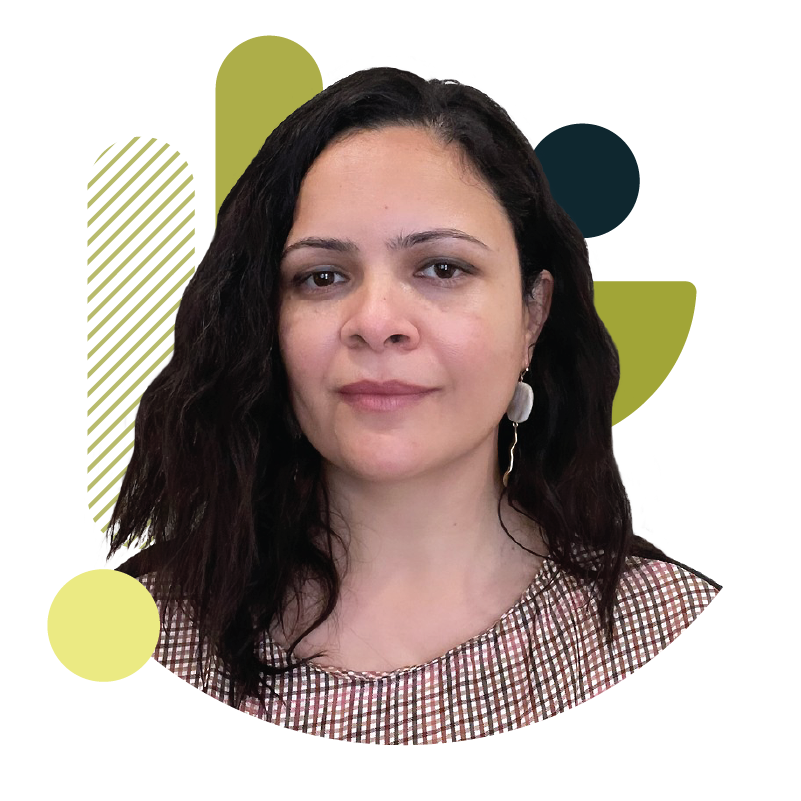
Amarjeet Sharma
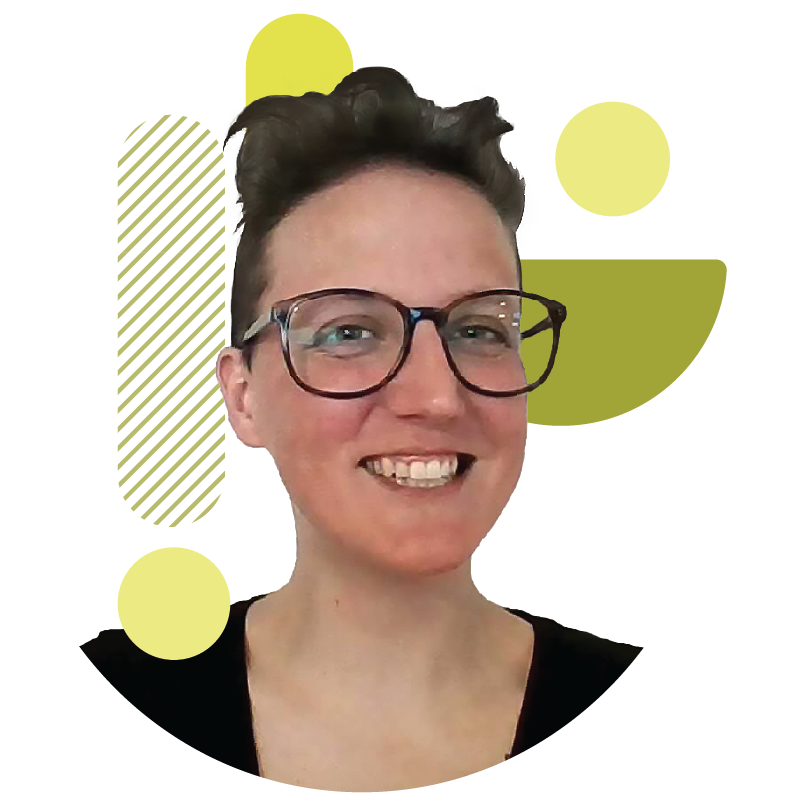
Sarah Yeazel
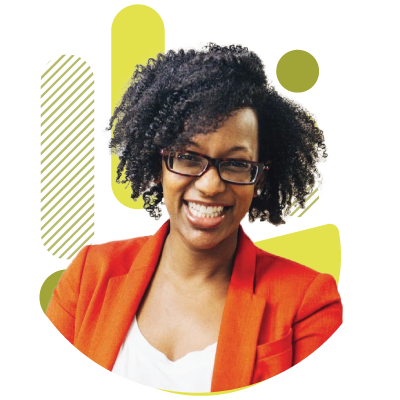
Liz McLemore
